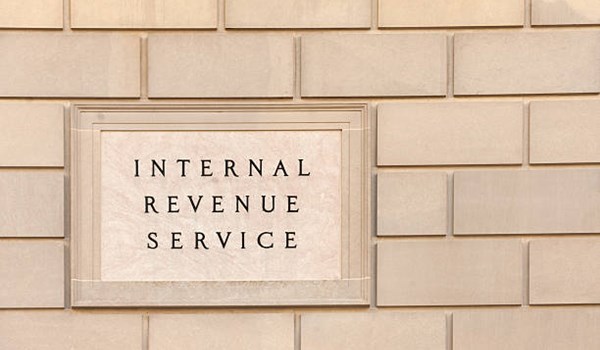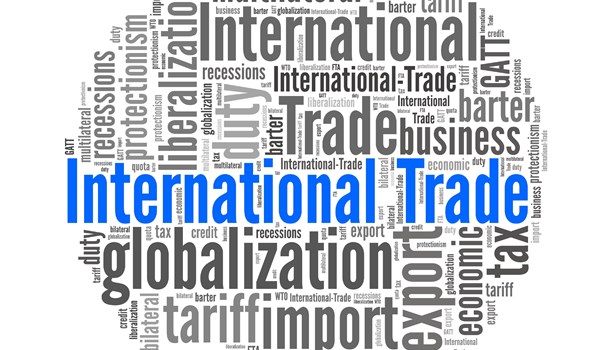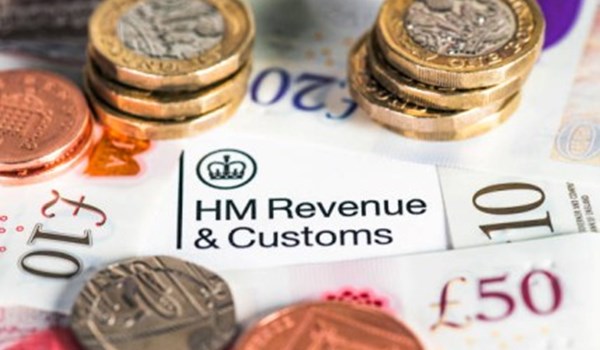The European Union next week will consider potential changes to its 15% minimum corporate tax law in a bid to ease tensions with the US.
In a meeting on Tuesday, officials will discuss several policy options that could significantly change the way the EU applies the law, according to a document circulated by Poland and seen by Bloomberg. They’re aiming to appease the Trump administration, which doesn’t want US companies subjected to the law.
The Minimum Tax Directive has been in force for less than two years and imposes a baseline 15% corporate tax across the bloc, in line with a 2021 agreement signed by more than 140 countries, including the US at the time.
The discussion highlights the EU’s willingness to potentially water down its own laws in a bid to ensure relations with the US don’t fracture further.
As transatlantic trade tensions rise driven by US President Donald Trump’s tariffs, businesses are worried that tax polices could become a part of potential tit-for-tat retaliation. The Trump administration has called the EU’s minimum tax law a trade barrier for US businesses, and has threatened potential retaliation.
In his first week in the White House, Trump issued a memo that said the agreement was not applicable in the US, and instructed the Treasury to develop retaliatory measures against countries that tax US companies unfairly. The EU has previously refused to suspend the law, but said it’s open to negotiating. EU envoys are aiming to present policy options to EU ambassadors in June.
The document, dated April 24, specifically seeks to address parts of the law that the US has criticized. It proposes options that include changing how US tax credits are treated to ensure that US companies are not subject to the EU’s minimum tax, thereby limiting the EU’s ability to tax US-based companies, and giving equivalence to the US’s own minimum tax regime, a key demand of the White House.
Potential Tweaks
One pressing element in the law that will be discussed next week is the Under-Taxed Profits Rule, which allows EU countries to levy a top-up tax on the subsidiaries of US companies if both their headquarter country (the US) and their local jurisdiction aren’t charging a 15% rate. The UTPR, the document said, “is at the centre of this discussion.”
Until the end of 2026, non-EU company headquarters based in countries that have a statutory corporate tax rate above 20% are exempt from the law (the current US corporate tax rate is 21%). EU envoys are considering extending this exemption, known as a safe harbor.
“The EU could either extend this Safe Harbour or introduce a new, more tailored alternative,” the Polish document said.
Policymakers will also consider the US demand for “coexistence” between the EU’s minimum tax law, and the US’s version, known as the global intangible low-taxed income rule, or GILTI. While the laws have similar aims, the way they calculate effective tax rates is different, and businesses hope negotiations could help bridge that gap.



